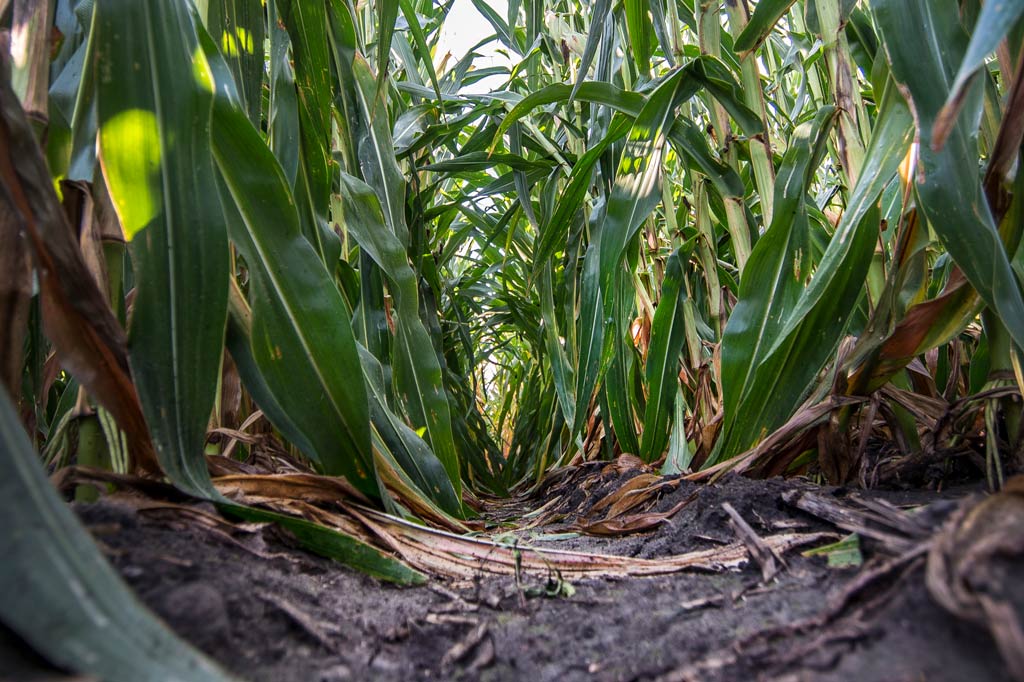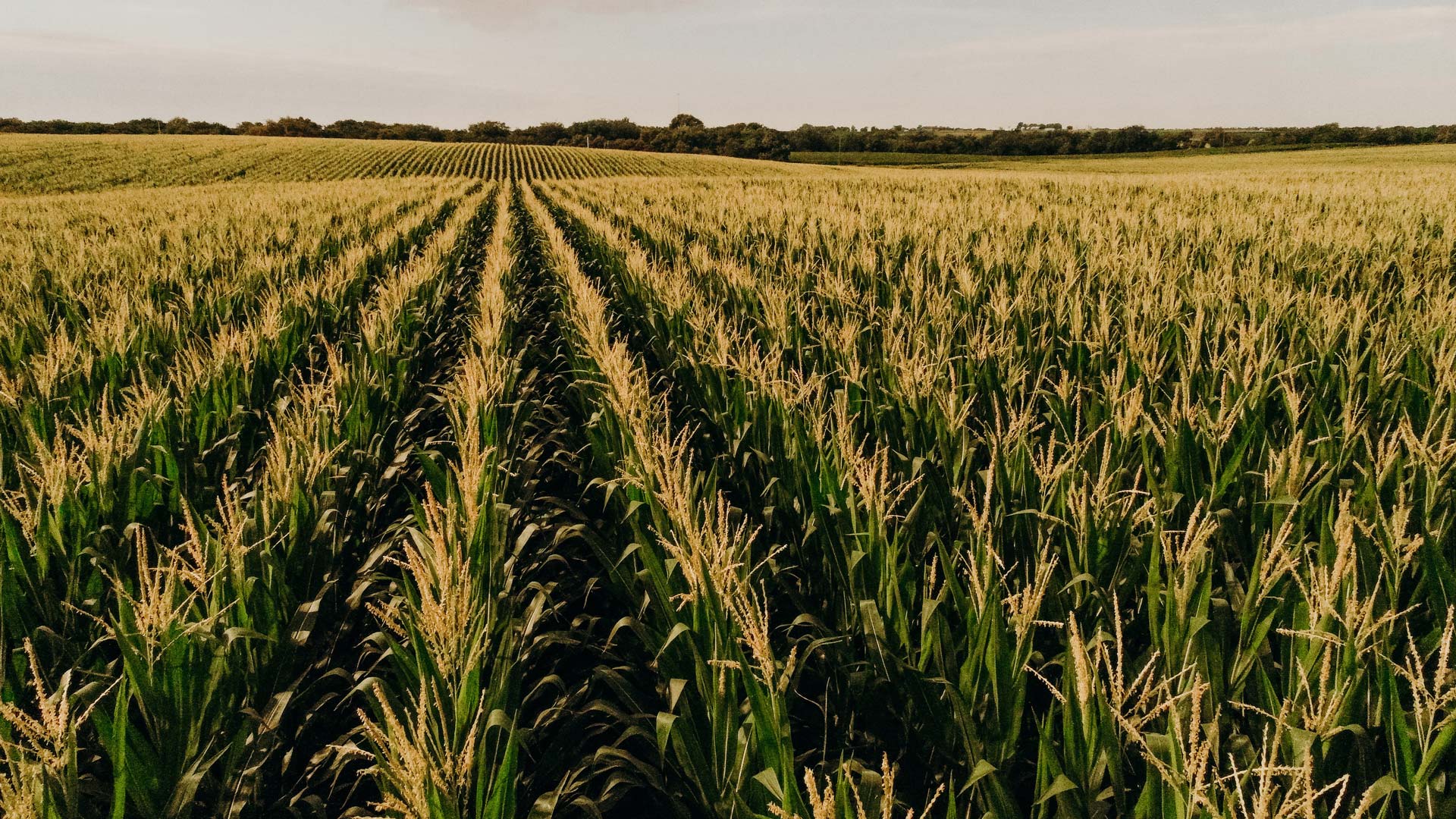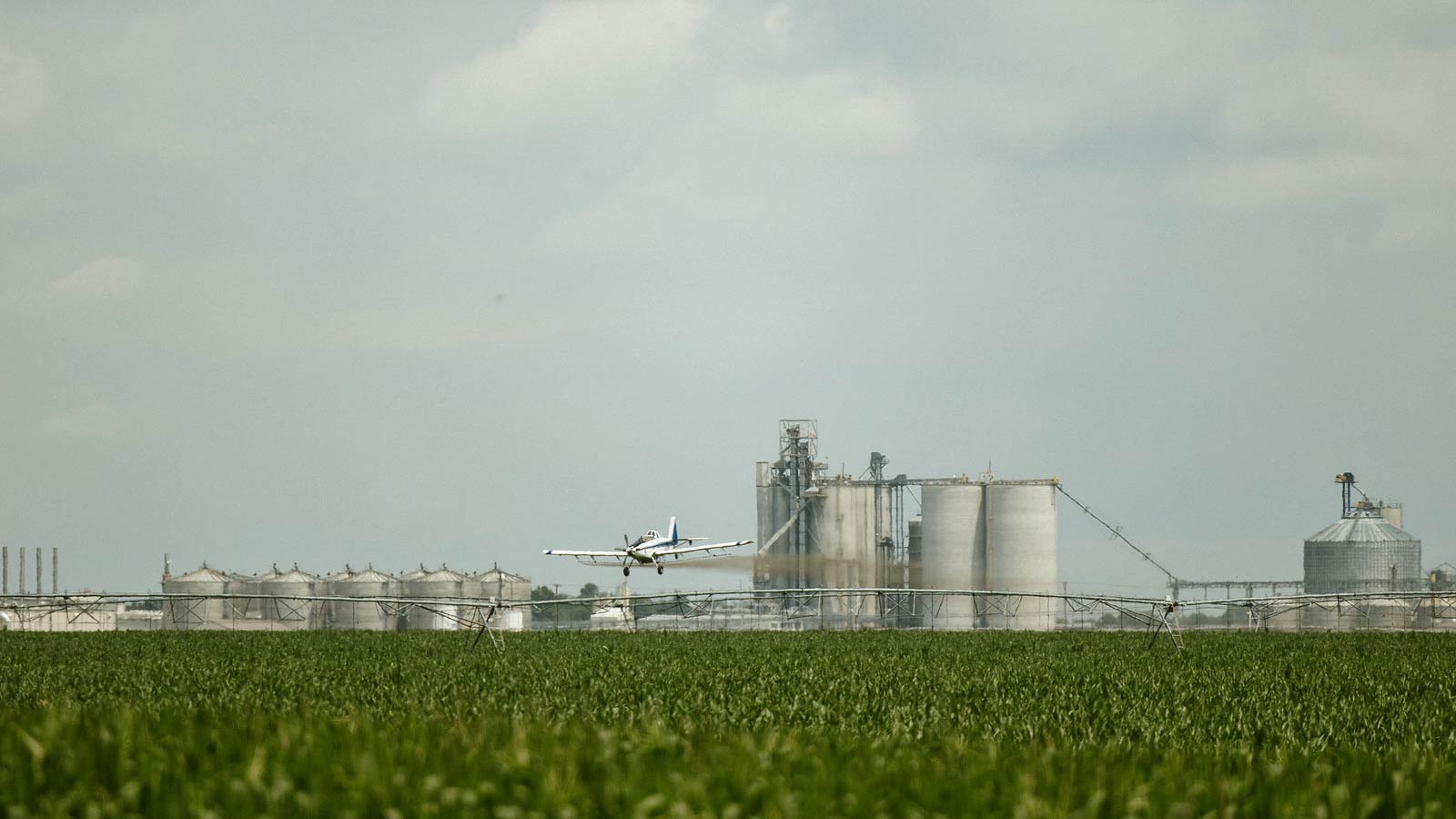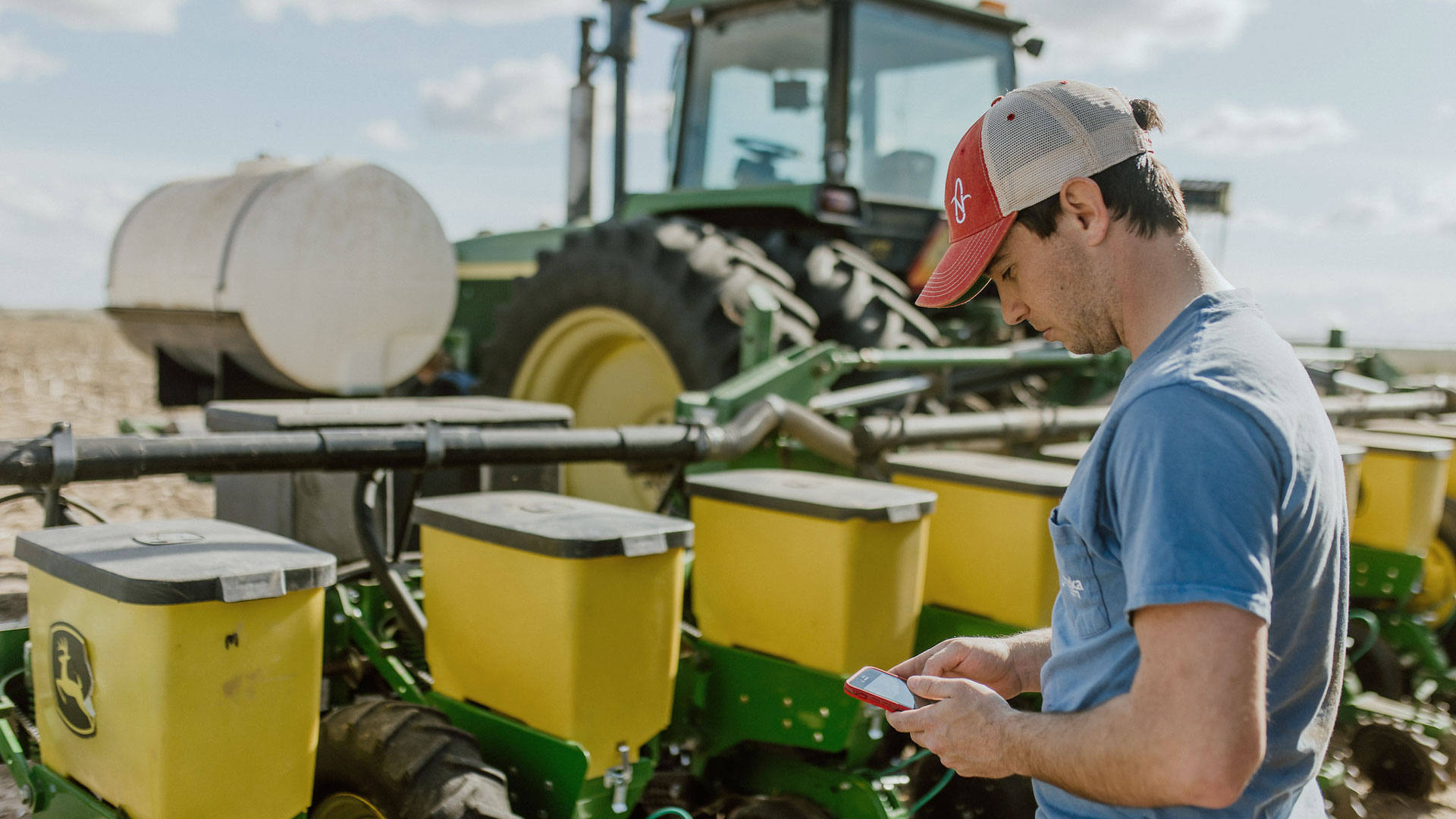Air pollution poses a major threat to the environment and to our health. In fact, the World Health Organization says poor outdoor air quality is linked to increased risk of stroke, heart disease, lung cancer and chronic diseases like asthma.
It’s not just urban areas that are at risk of poor air quality. Rural areas are impacted too.
Sustainable practices adopted by farmers have and will continue to have a positive impact on air quality. Here are just a few of them:
- Planting cover crops to improve soil naturally.
- Following integrated pest management to reduce the need for pesticides and herbicides.
- Managing the soil to decrease the need for fertilizer.
Let’s review these practices more in-depth.
1. Planting Cover Crops
Using cover crops is a long-term investment to increase yield while protecting air quality. For corn farmers, cover crops may include legumes and grass-legume mixes. In Nebraska, winter cereal grains like rye, wheat and barley are popular choices during the cold months.
Here are just a few benefits of using cover crops, as compiled by Pioneer:
- Cover crops retain nutrients, which they eventually release for the next corn crop.
- Cover crops prevent soil erosion by protecting against wind and rain.
- Cover crops increase organic matter in soil, which helps improves how much water and nutrients the soil can hold.
- Cover crops loosen compacted soil by breaking up compacted layers.
- Cover crops add nitrogen for the next corn crop.
- Cover crops conserve moisture, which is helpful during periods of drought.
- Cover crops keep weeds at bay, reducing the need for herbicides.
- Cover crops can be used to feed livestock before fields are planted in the spring.
2. Following Integrated Pest Management
Integrated pest management, or IPM, involves pest control that reduces risk for people and the environment. In agriculture, farmers reduce these risks through:
- Planting pest-resistant hybrids.
- Using seed treatments to protect corn seed and young corn plants.
- Scouting after corn emerges to know which pests are in the field and if they will threaten yields.
- Using soil-applied insecticide at planting to control certain insects.
- Planting corn early during the recommended planting window and rotating crops.
- Controlling weeds early during the season.
These practices help reduce the use of pesticides and herbicides.
3. Managing the Soil

Good soil management involves several approaches: keeping crops diverse and rotating them, focusing on soil health and reducing tillage. By keeping a careful eye on soil health, farmers can reduce the fertilizers they use. This helps protect air quality and reduces greenhouse gases, which contribute to global warming.
Related Posts
How Precision Agriculture Takes Corn Farming into the Future
Precision agriculture is revolutionizing the way Nebraska corn farmers grow their crops. By using advanced technology and data analytics, growers are able to maximize yields while minimizing waste. This new approach is helping Nebraska [...]




